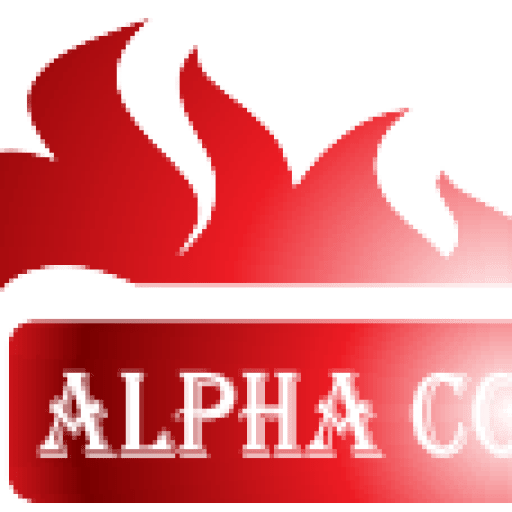My Morning Coffee for sale
Getting Cocaine addiction treatment, like all drug use treatments, can be complicated and difficult for your or your loved one to work through. Order Now
Detox from cocaine or crack cocaine can be a long process that can be exacerbated by multiple substance use disorders and the resulting depression that often accompanies withdrawal. Buy cocaine online
Coffee Treatment Programs For Addiction
Cocaine addiction treatment has many aspects to it, including the setting in which a level of care is established. Cocaine abuse can be treated in both inpatient and outpatient settings.
Inpatient Rehab For Cocaine Addiction
Inpatient treatment for cocaine abuse can be necessary depending on how severe the addiction is.
Cocaine detox often results in severe depression as a withdrawal symptom, especially in the early stages of the withdrawal process.
Because suicidal thoughts can accompany this depression, it may be necessary for a person to withdraw in an inpatient setting.
Outpatient Rehab For Cocaine Addiction
Outpatient cocaine treatment is the most common way to treat cocaine addiction. This involves close monitoring of the detox process, check-ins with drug screening, and help to avoid triggers for cravings.
Withdrawal from cocaine abuse can initiate intense cravings. Part of the detox process (in addition to monitoring depression) is helping you avoid trigger-induced cravings and stay away from other forms of drug abuse.
Common Treatment Services For Cocaine Abuse
Cocaine abuse treatment includes many different services that help clients withdraw and move forward to achieve abstinence.
Some of these services are not needed in every case. For example, the use of medication for cocaine addiction is not as common as with opioid addiction.
But the treatment of cocaine use disorder always involves a therapeutic component that addresses the psychological addiction to the stimulant drug.
Medically Monitored Detox
Medically monitored cocaine detox is not always necessary because the drug does not cause people to develop a physical dependence but rather a psychological addiction.
Clients may need to be monitored if they experience suicidal thoughts or have even attempted suicide.
Medication-Assisted Treatment (MAT)
There are no medication-assisted treatments (MATs) available for cocaine withdrawal in the traditional sense.
Other drug addictions may involve the use of drugs like methadone (for opioid abuse) or disulfiram (for alcohol abuse), but not cocaine.
However, providers may use medication to treat the psychological symptoms of cocaine detox and withdrawal.
These symptoms may include:
- suicidal ideation
- paranoia
- agitation
- irritability
Medications such as antidepressants (to treat depression) or even just diphenhydramine (Benadryl for insomnia) can help curb the psychological symptoms of withdrawal.
Support Groups
Therapeutic communities often offer the best form of behavioral health support for people recovering from cocaine dependence.
To be effective, they often occur as a part of residential treatment at an addiction treatment center.
This means that fellow peers who are recovering from the use of cocaine can help each other understand the addiction while their dopamine levels adjust to life without the effects of cocaine.
12-Step Programs For Drug Abuse
Twelve-step programs are often associated with alcohol abuse, but there are also 12-step programs for cocaine addiction called Cocaine Anonymous (CA).
In relation to cocaine use disorder, 12-step groups can give you a sense of community where you can learn from and be supported by your peers, finding hope in a higher power.
Generally, the program is successful, but research indicates that some groups may have a harder time connecting with the program.
These groups include:
- women
- youth
- minorities
- people with dual substance use disorders
Matrix Model And Other Therapies
There are a few different therapeutic models that a treatment facility might use to help people recover from prolonged cocaine use.
They tend to focus on building and reinforcing good self-esteem and include:
- Matrix model
- cognitive behavioral therapy (CBT)
- contingency management
The Matrix model focuses on establishing a beneficial relationship between the therapist and the patient, in which the therapist acts as a guide and teacher, being careful to avoid confrontation in the style of a parent.
Contingency management uses rewards to help patients stay abstinent during the period when cocaine cravings are especially intense. This is especially helpful in establishing a natural level of dopamine response.
Cognitive behavioral therapy helps clients develop the critical thinking skills that enable them to stay abstinent for long periods of time by recognizing and avoiding situations that might trigger cravings and relapse.
Dual Diagnosis Treatment
It is important for people to be honest about using other drugs (or having co-occurring mental disorders), because abuse of multiple substances could lead to a dual diagnosis.
This can affect what medications can or should be used during detox, and it may also
affect what kind of therapeutic models are used during recovery treatment.
